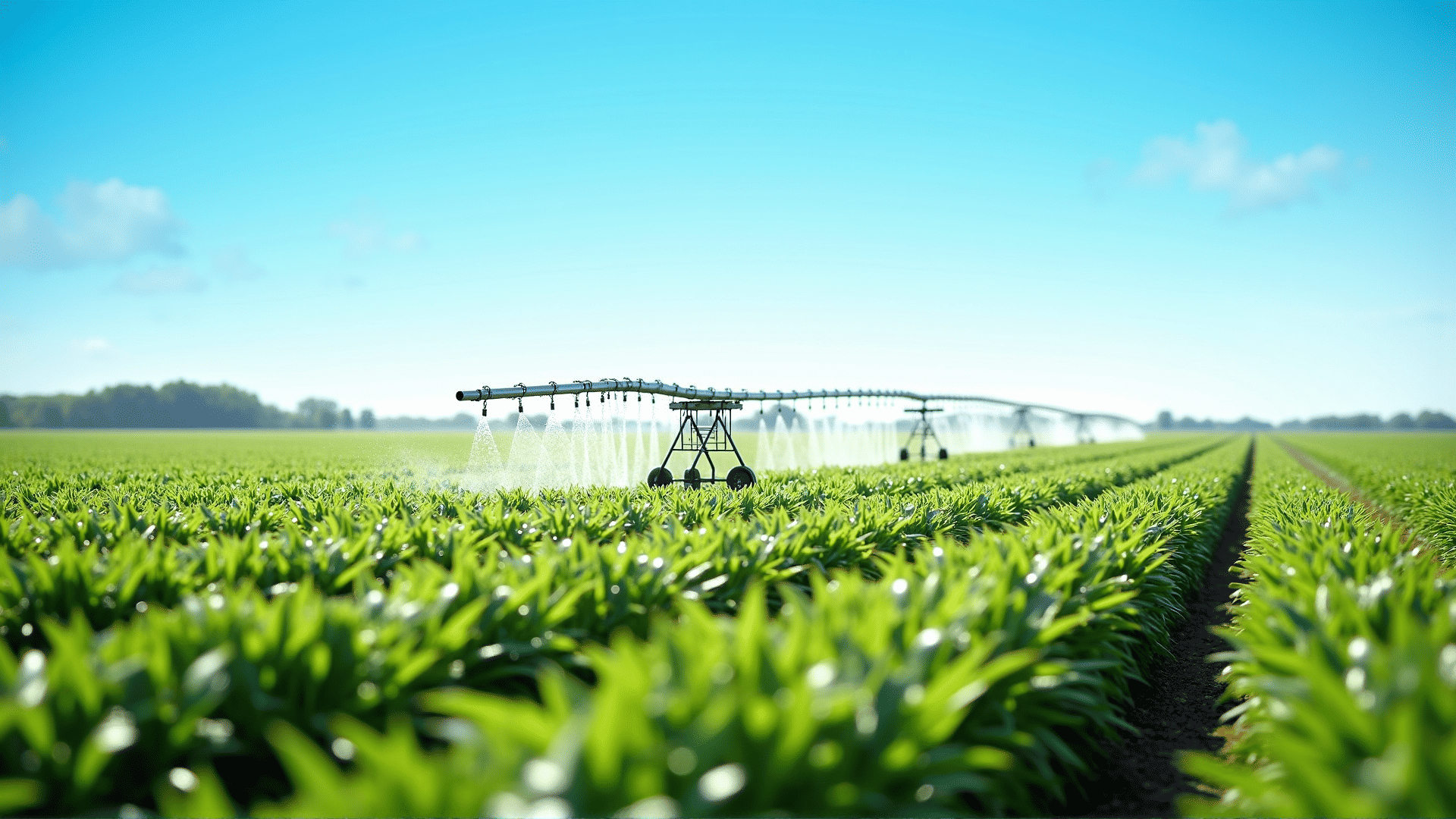In recent years, the quest for sustainable agriculture and efficient resource management has led to remarkable advancements in technology, with one standout development being smart irrigation systems. These innovative solutions are transforming the way we approach water usage in agriculture and gardening, striking a balance between the essential growth requirements of plants and the urgent need for conservation.
At its core, a smart irrigation system is designed to adjust water supply based on real-time data and environmental conditions. Unlike traditional systems that operate on pre-set schedules, smart irrigation employs sensors, weather data, and adaptive algorithms to ensure plants receive precisely the right amount of water at the right time. This not only enhances growth but also significantly reduces water waste, making it a pivotal tool in sustainable water management.
The technology behind smart irrigation is both sophisticated and user-friendly. Sensors are placed in the soil to monitor moisture levels, while weather stations provide information on precipitation, temperature, and wind conditions. This data is fed into an intelligent control unit that analyzes the information to determine the precise watering needs of each plant type. In some systems, satellite data and machine learning algorithms are used to further optimize water use. These systems can be managed remotely through smartphone apps, offering convenience and real-time updates to farmers and gardeners.
One of the most compelling benefits of smart irrigation systems is their potential to conserve water on a large scale. Agriculture accounts for a significant portion of global water usage, and inefficient irrigation methods contribute to wastage. By tailoring water application to the needs of crops and adapting to changing weather conditions, smart irrigation helps prevent overwatering and runoff, leading to substantial water savings. This conservation aspect is critical in regions facing water scarcity or unpredictable climate patterns, where preserving resources is a top priority.
Moreover, smart irrigation supports optimal plant health and productivity. By ensuring that plants are neither overwatered nor under-watered, these systems foster an environment that promotes robust growth and yields. Consistent and appropriate watering reduces plant stress, decreases the likelihood of disease, and enhances nutrient uptake from the soil. This, in turn, can lead to better crop quality and increased agricultural output, providing a reliable food supply for a growing population.
In addition to large-scale agricultural benefits, smart irrigation systems offer advantages for residential and commercial landscapes. Homeowners and businesses can enjoy lush, healthy gardens and lawns, while also reducing their water bills. Landscapers and city planners can leverage these systems to maintain public parks and green spaces efficiently, contributing to urban sustainability goals.
Despite the clear advantages, the adoption of smart irrigation systems does come with challenges. Initial setup costs and the need for technical expertise can be barriers for some users, especially in developing regions. However, as technology becomes more accessible and affordable, and as awareness of water conservation's importance grows, these systems are likely to become more widespread.
In conclusion, smart irrigation systems represent a significant advancement in the pursuit of efficient water management and sustainable agriculture. They present a powerful solution to the global challenge of conserving water resources while supporting plant growth. As technology continues to evolve, the precision, efficiency, and accessibility of these systems will only improve, positioning them as a cornerstone of modern agriculture and environmental stewardship.
